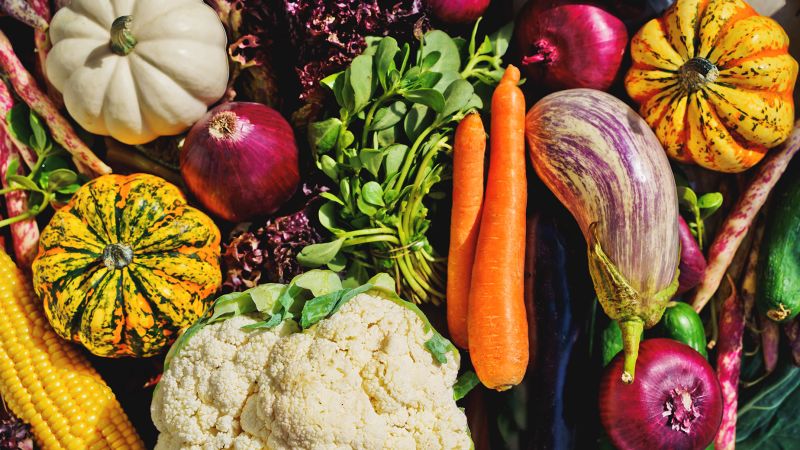The rumors are true: Vegetables aren’t real — that is, in botany, anyway.
While the term fruit is recognized botanically as anything that contains a seed or seeds, vegetable is actually a broad umbrella term for many types of edible plants.
You might think you know what carrots and beets are. Carrots, beets and other vegetables that grow in the ground are actually the true roots of plants. Lettuce and spinach are the leaves, while celery and asparagus are the stems, and greens such as broccoli, artichokes and cauliflowers are immature flowers, according to Steve Reiners, a professor of horticulture at Cornell University’s College of Agriculture and Life Sciences.
As for produce that grow from flowers, such as peppers and tomatoes, the hot-debated crops are botanically classified as fruits, Reiners added. Cucumbers, squash, eggplant and avocados are also classified as fruit due to their anatomy, according to the European Food Information Council.



deleted by creator
The point of my comment had zero to do with believing that concerns about definitions are unreasonable. In some instances, especially when the meaning of a word is ambiguous, clarifying definitions is valid, obviously. My point is that pedantry over definitions like what this article is doing over "vegetable" as a botanical term is pointless and an embodiment of people who think eschewing colloquial usages makes them some degree of enlightened. It doesn't seem like you disagree with that. This kind of stuff misunderstands the nature of semantics, and that's my problem with it.
deleted by creator